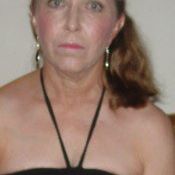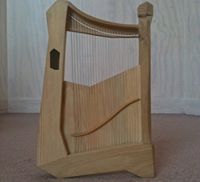Whose revolutionary theorem proved that no mathematical system is immune to paradoxes?
The logician and mathematician, Kurt Godel, is the man whose revolutionary theorem proved that no mathematical system is immune to paradoxes. In 1931, he showed that often mathematical premises can be proven false which may rectify a given contradiction. Sometimes they are paradoxes which are just playing with numbers or a mathematical formula. Still, no matter what, some of the paradoxes will never find a universally accepted resolution. It is impossible to prove them either true or false.
It was found that mathematical paradoxes were statements that ran counter to one's intuition, sometimes in simple, playful ways, and sometimes in extremely esoteric and profound ways. It then perhaps came as no surprise that a field with as rich a history as mathematics had several or many paradoxes. It was discovered that they ranged from very simple, everyday common-sense issues, to advanced ones at the frontiers of mathematics.
Gödel's work was the surprising culmination of a long search for foundations. Throughout the nineteenth century, mathematicians had tried to establish the foundations of calculus.
More Info:
www.nature.com






